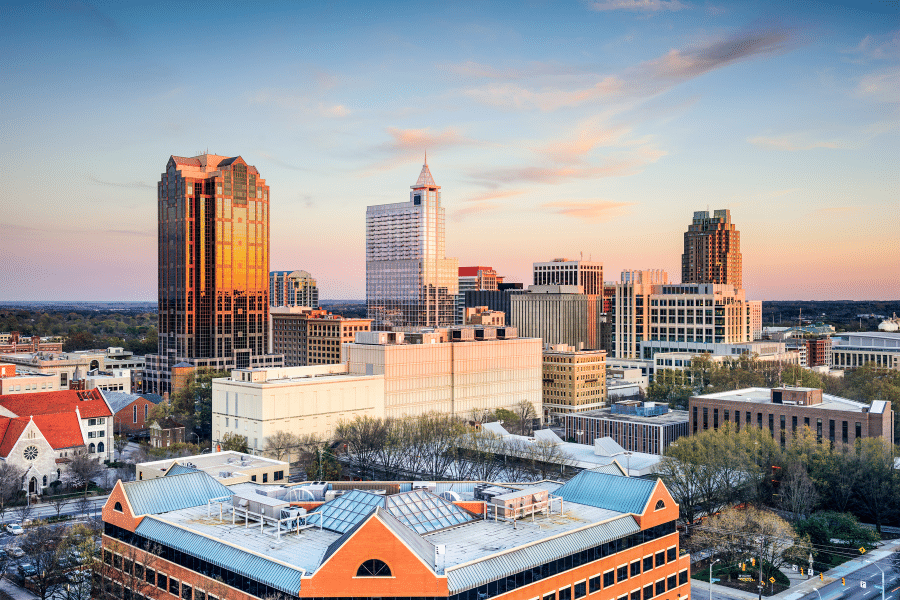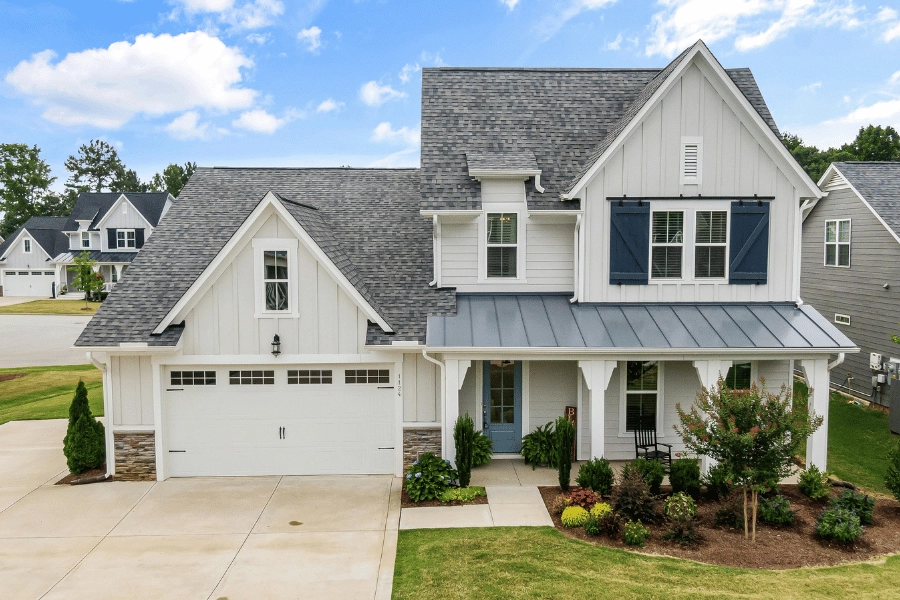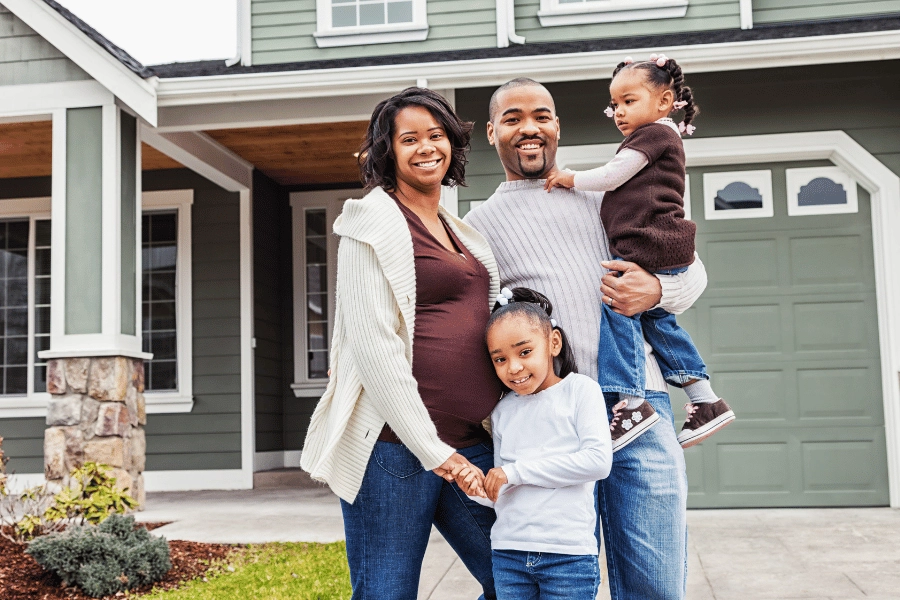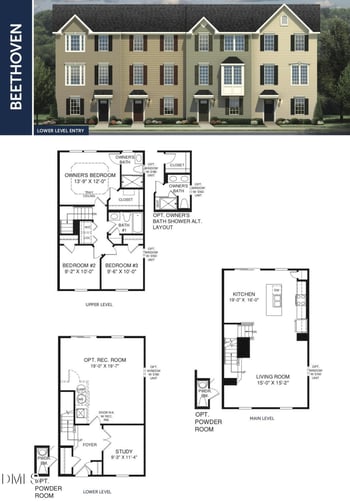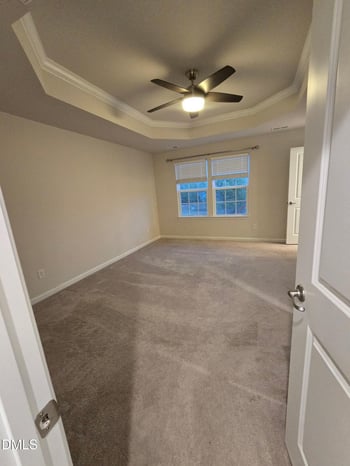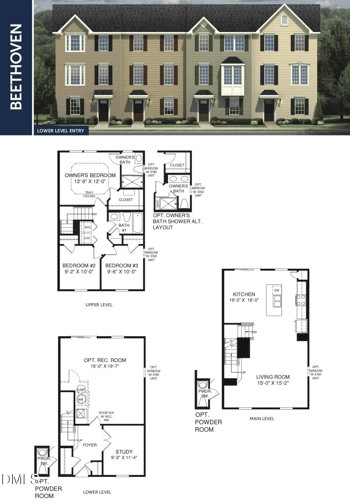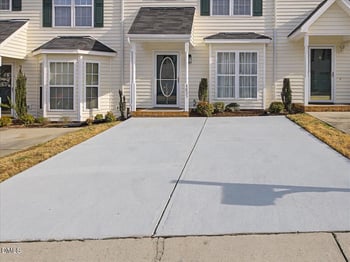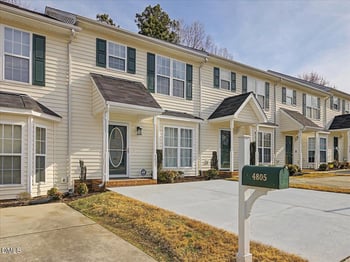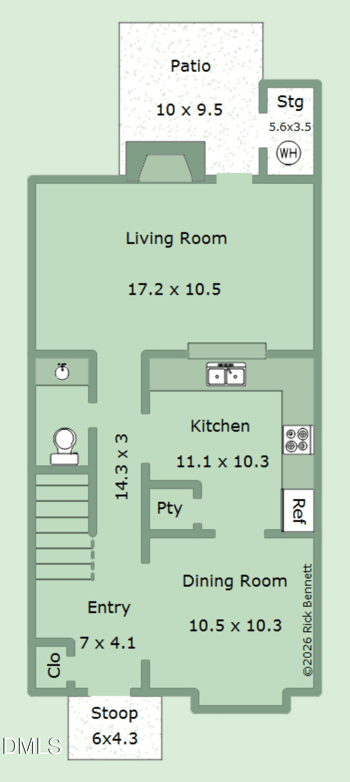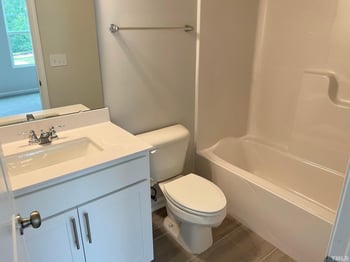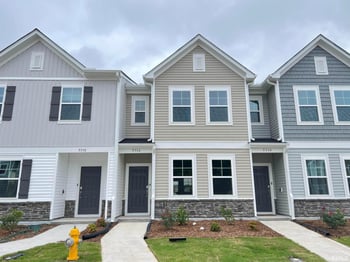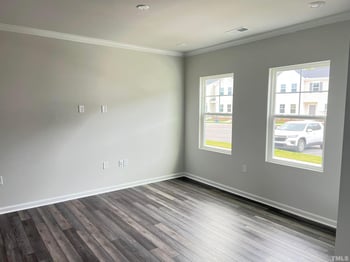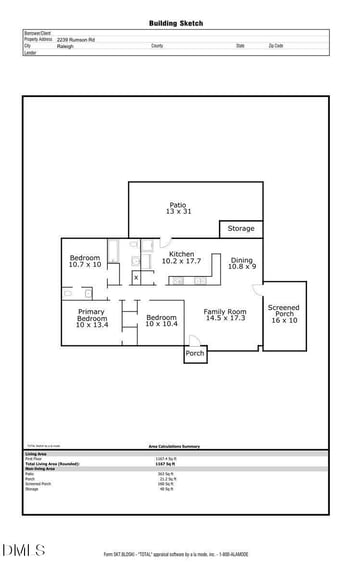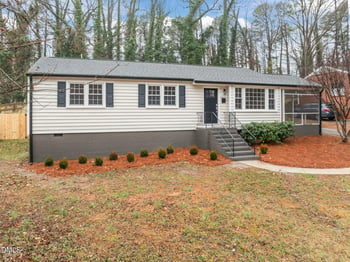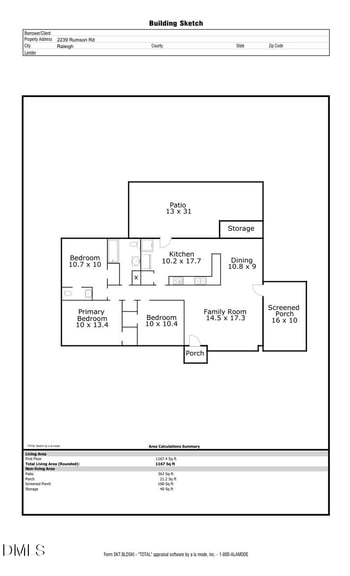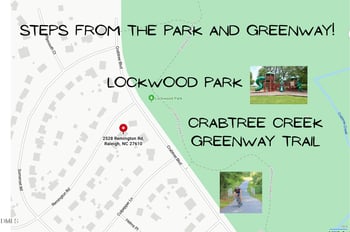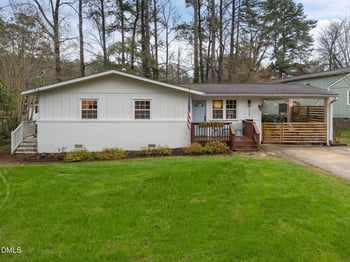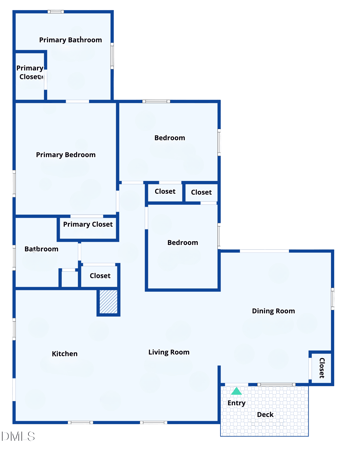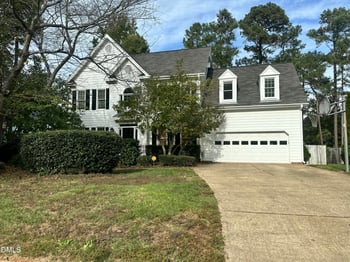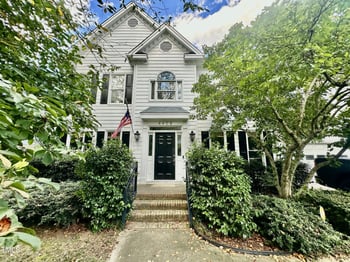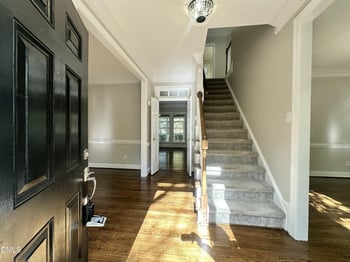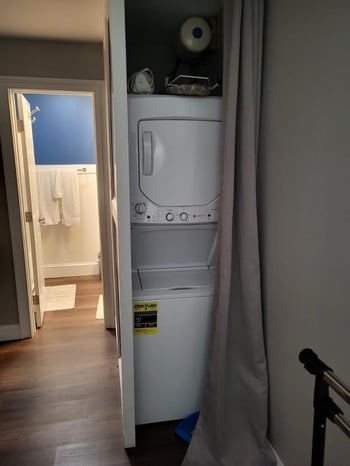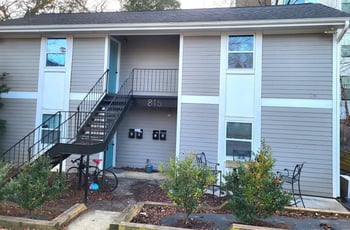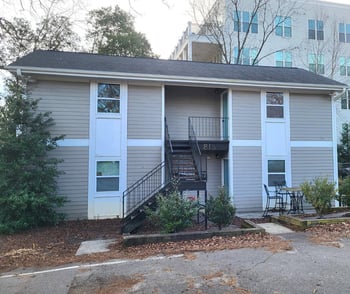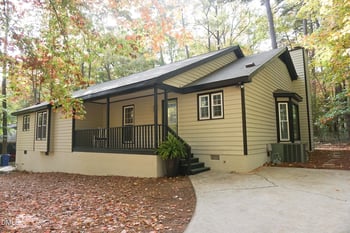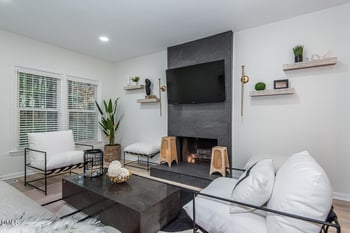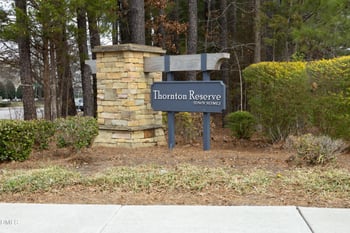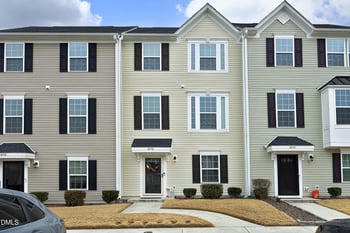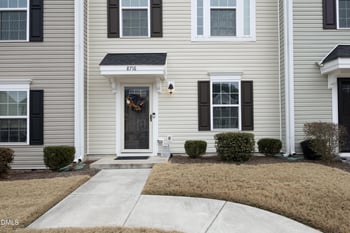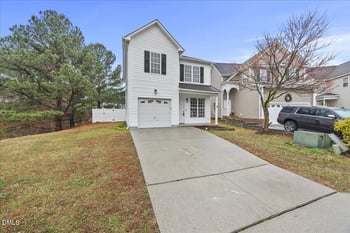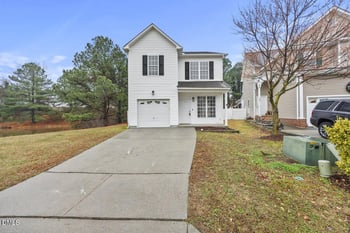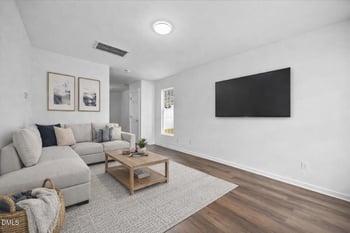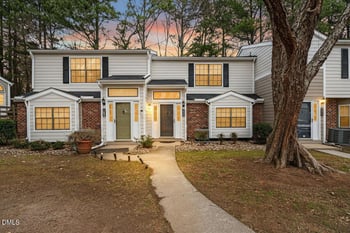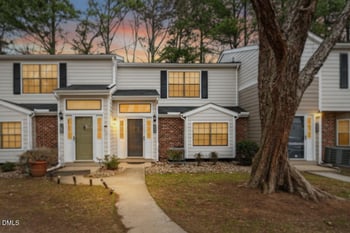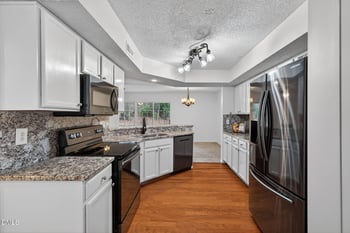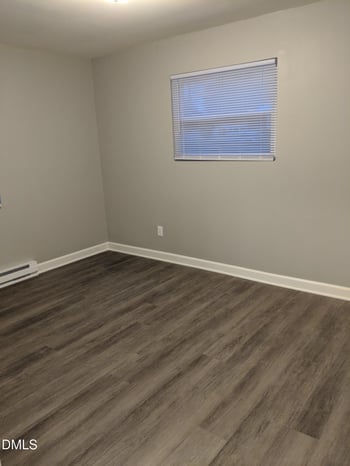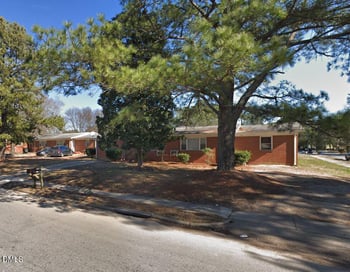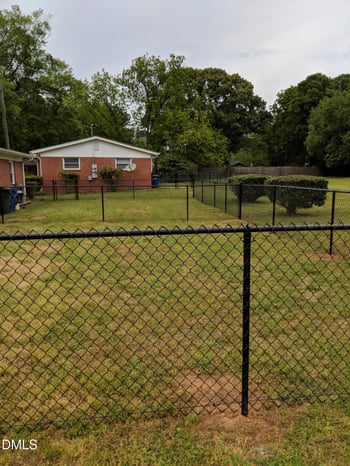Is Raleigh, NC, a Safe Place to Live?
Is Raleigh, NC, a safe place to live? Here is what you need to know about Raleigh crime statistics, the safe neighborhoods in Raleigh, and how to stay safe in Raleigh.
Raleigh is not only the capital of North Carolina but also a beautiful city known for its top-rated universities, historic attractions and museums, southern charm, numerous job opportunities, pleasant climate, and affordable housing.
Referred to as the "City of Oaks," Raleigh is one of the best places to live in the country. Ranking number six on a list of U.S. cities offering ideal conditions and communities for older residents and retirees, it is no secret that Raleigh is a sought-after place to call home for everyone, regardless of age, lifestyle, or profession.
If you are relocating to a new area, safety is a top priority, and moving to Raleigh is no different. Whether you are moving for work, a change of scenery, or a great place to raise kids, Raleigh's notorious low crime rate makes it a safe destination in the southeast.
As Raleigh continues to grow as a major hub for technology, education, and business, understanding the city's safety landscape is crucial for making an informed decision about where to call home.
Since we understand the importance of finding a safe home, let's dive into Raleigh's crime statistics and the safest neighborhoods in Raleigh to ensure that you make an informed moving decision for you and your family.
Find out why Raleigh is consistently ranked as one of the safer large cities in the United States.
1. Understanding Raleigh's Crime Statistics
The overall crime rate in Raleigh translates to approximately one in 31 residents having a chance of becoming a victim of either violent or property crime. When broken down further, residents face a one in 188 chance of becoming a victim of violent crime and a one in 38 chance of experiencing property crime.
These statistics, while concerning at first glance, must be viewed in the context of Raleigh's rapid population growth and urban development. Considered safer than 8% of other U.S. cities, Raleigh consistently ranks as one of the safest larger cities in the country.
Ranking 8th for safety among other cities in the country, this indicates its relative safety within the state. While Raleigh faces urban crime challenges, it performs better than many other communities within the state making it a safe place to live.
Here are the annual crime rates in Raleigh, NC:
| Violent Crime | Property Crime | Total Crime | |
| Number of Crimes | 2,572 | 12,802 | 15,274 |
| Per 1,000 Residents | 5.33 | 26.54 | 31.88 |
| Violent Crime Chances in Raleigh | Violent Crime Chances in North Carolina |
| one in 188 | one in 256 |
| Proeprty Crime Chances in Raleigh | Property Crime Chances in North Carolina |
| one in 38 | one in 48 |
*Data was sourced from NeighborhoodScout.
The violent crime rate in the Raleigh area is 5.33 per 1,000 residents in the typical year, and Raleigh ranks in the 48th percentile for violent crime nationally. Recent data showed specific violent crime numbers including 26 homicides, 422 robberies, and 1,962 aggravated assaults.
Property crime represents the majority of criminal activity in Raleigh. According to the city of Raleigh crime statistics, crimes against property were committed at a rate of 26.54 per 1,000 people. The breakdown includes 9,362 cases of theft, 1,905 cases of motor vehicle theft, and 1,532 cases of burglary, highlighting that theft-related crimes make up the bulk of property offenses.
Several crimes hit 10-year highs in 2024, through the first six months, particularly in categories like assaults, motor vehicle thefts, and weapons violations.
However, local officials note that these trends and upticks are seen across the nation and are not unique to Raleigh. What makes Raleigh's situation distinct is the growth, and with that growth, you're going to have a segment of associated challenges.
Since the Raleigh Police Department is known to be very visible and responsive, most residents generally feel safe and can be seen walking around town without many concerns.
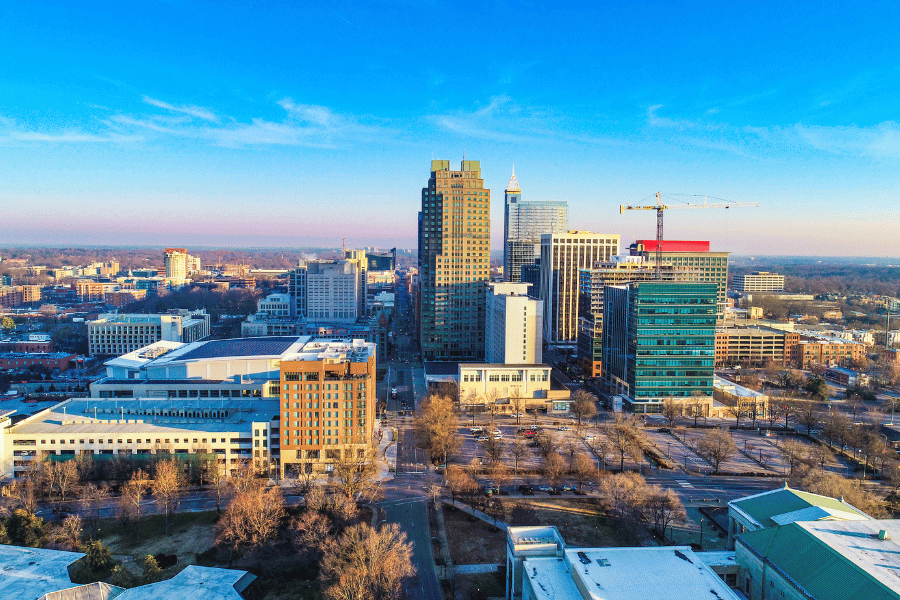
2. Safe Neighborhoods in Raleigh
Overall, the crime rate in Raleigh is low, but there might be increased risk depending on where you are in the city. Even though Raleigh is not a dangerous place to live, specific neighborhoods and parts of town are considered safer than others.
Raleigh is home to many neighborhoods and subdivisions, so it is important to note that safety levels and concerns can vary depending on where you are. Since each community offers unique characteristics, safety considerations, and amenities, it is essential to research before moving and choosing an area that best aligns with your safety requirements.
Luckily, since Raleigh features many highly-rated neighborhoods, finding a safe and affordable community is possible.
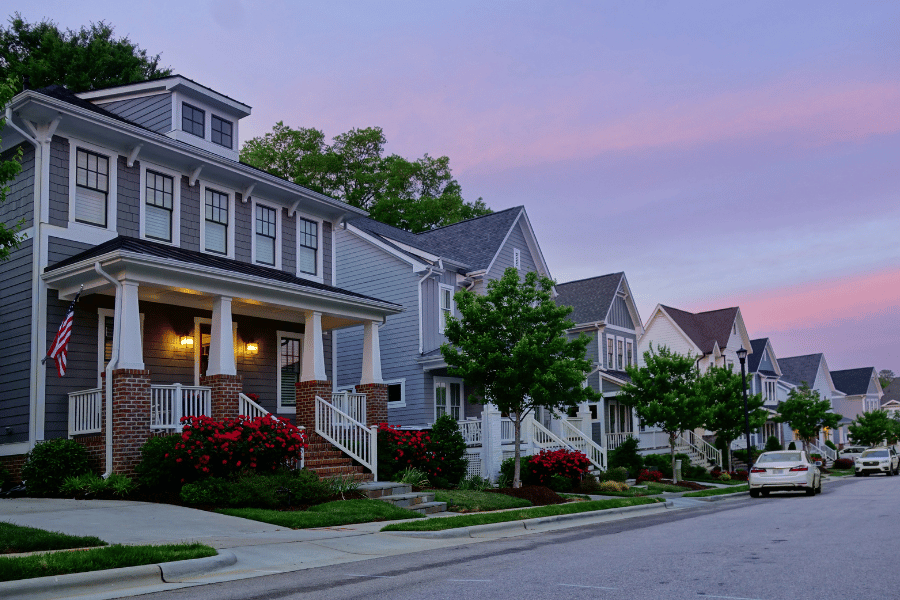
Understanding which neighborhoods offer the greatest safety can help you make an informed decision about where to live in Raleigh. Based on crime statistics and local data, here are the seven safest neighborhoods:
Oakwood
Historic Oakwood is a beautiful community and a safe place to call home near Downtown Raleigh. This 19th-century residential neighborhood is best known for its well-preserved and maintained Victorian and early 20th-century homes that vary in architectural style.
Listed on the National Register of Historic Places, Oakwood is one of the longest-standing neighborhoods in Raleigh and offers a unique atmosphere for families and tons of walkability.
The development of Oakwood began shortly after the Civil War, with homes built between 1870 and 1912. Offering an above-average safety rating, many residents choose to live in Oakwood for its rich history, beautiful housing, proximity to Downtown, and sought-after local amenities.
As one of Raleigh's most charming and secure areas, Oakwood is one of the best neighborhoods in the city. Despite its proximity to downtown, Oakwood maintains low crime rates thanks to strong community involvement and excellent lighting throughout the neighborhood.
The Village District - (Cameron Village)
Located near NC State University, The Village District offers a unique blend of college town atmosphere with residential safety. The area benefits from regular foot traffic, well-maintained properties, and active community engagement that contributes to its reputation as one of Raleigh's safer neighborhoods.
Five Points
The Five Points neighborhood is located only two miles from Downtown Raleigh. This historic suburban development is named for its five-point intersection, where Glenwood Avenue, Whitacker Mill, and Fairview Roads meet.
Considered a great place to live with children, Five Points is a safe community perfect for families. Featuring walkable streets and plenty of lovely single-family homes and townhomes, this up-and-coming neighborhood offers friendly neighbors and plenty of public amenities.
The area features 90-year-old homes with character, a vibrant nightlife scene, and strong neighborhood watch programs that contribute to its safety profile.
Mordecai
Known for its historic significance and close-knit community feel, Mordecai combines urban convenience with neighborhood safety. This area features diverse housing options, from historic homes to modern developments, all within a community that prioritizes safety and neighborly engagement.
Considered a long-established neighborhood just outside Downtown Raleigh, Moredcai features many historic buildings and homes with various architectural styles.
Located North of Peace Street and near William Peace University, many students, young professionals, and families love to call Mordecai home for its low crime rate and convenience.
North Hills
North Hills is in the heart of Midtown Raleigh and is an affluent and luxurious community home to a popular commercial district, top-rated schools, job opportunities, and prime real estate.
As part of Midtown Raleigh and one of the city's fastest-growing communities, North Hills successfully balances urban amenities with safety. The area features upscale shopping, fine dining, numerous outdoor recreation opportunities, and comprehensive security measures in its mixed-use developments.
Boylan Heights
Recognized as a historic community in Downtown Raleigh, Boylan Heights offers premier access to downtown amenities. Listed on the National Register of Historic Places, this safe community is one of six local Historic Overlay Districts in Raleigh.
Boylan Heights is characterized by its strong sense of community, well-maintained streets, and proactive residents who contribute to the area's low crime rates.
As one of Raleigh's first planned suburbs, Boylan Heights has character and distinctive small-town charm. Check out homes for sale in Boylan Heights if you want to live in a walkable community near Downtown.
Brier Creek
Located in North Raleigh, homes in Brier Creek are part of a master-planned community that emphasizes safety through thoughtful design and community planning.
The area offers excellent shopping, dining, and entertainment options while maintaining some of the lowest crime rates in the Raleigh area, making it particularly popular with families and young professionals.
3. How To Stay Safe in Raleigh
Whether you are moving to Raleigh alone or with your family, it is important to stay safe and always be aware of your surroundings, no matter how low the crime rate. If you are living in a new place, there are specific safety tips that everyone should know and follow to ensure you do everything possible to avoid danger.
Since safety is one of the main factors to look for when buying a home, taking extra safety precautions when necessary can help ease anxiety and keep you and your loved ones protected.
Even though Raleigh has an active police force that patrols diligently and responds to emergencies quickly, it is essential to stay prepared and take as many precautions as necessary so that you don't need to call them in the first place.
Living safely in any city requires awareness and proactive measures. Here are specific strategies for staying safe in Raleigh:
Be Alert
Always be aware of your surroundings and who is near you. Pay attention to your location and any situations that make you vulnerable to a crime, such as a dark alleyway or empty parking lot.
Plan Ahead
Before you leave the house, please take the time to plan your route so that you know where you are going and can choose to avoid any vacant lots or alleys. It is also a great idea to tell someone where you are going and when you will return.
Stay In Well-Lit Areas
Stay in well-lit areas as much as possible and avoid traveling alone by bringing a friend. Walk confidently and avoid conversations with strangers on the street.
Keep Your Hands Free
Carrying items in your hands makes you more vulnerable to attacks. Avoid text messaging or phone calls while walking alone so that you can always pay attention to what is around you.
Always Lock the Door
Most burglars enter homes and property through unlocked doors and windows, so it is essential always to use your locks even when you are in your house. Keeping your doors locked will ensure that you and your property are safe.
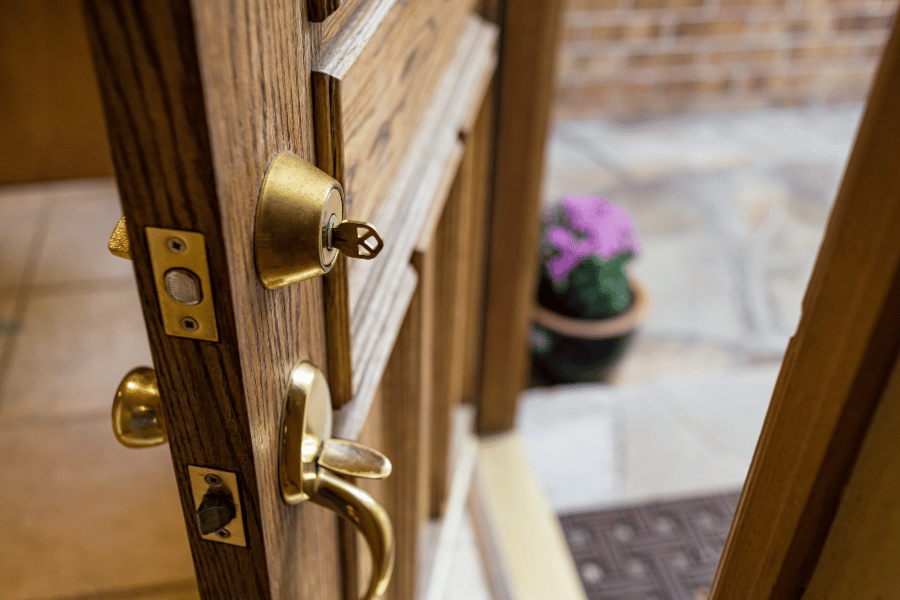
Hide Valuables
Keep your phone, headphones, expensive jewelry, watches, purses, and other valuables out of sight. When walking with a purse or handbag, carry it close to your body.
Trust Your Instincts
If you feel uncomfortable or unsafe, leave or seek help. Trust your instincts and consider carrying a body alarm, whistle, or pepper spray.
Get To Know Your Neighborhoods
Most communities have a Neighborhood Watch Program, where a neighborhood works together to report suspicious activity and works with local law enforcement to keep the area safe. Since neighbors are the closest people you can call for help, take the time to get to know your neighbors.
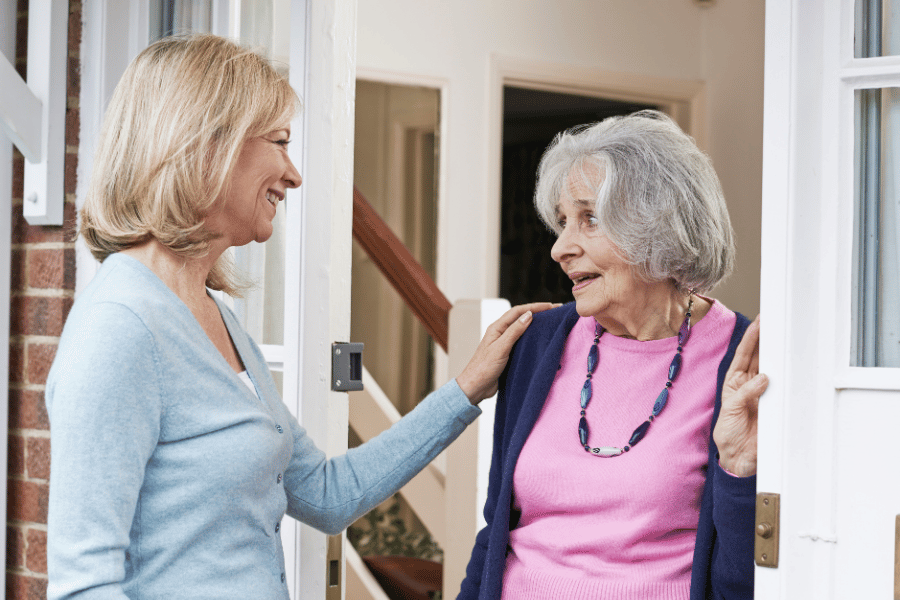
Consider a Security System
Plenty of affordable security systems are available on the market, providing peace of mind when you are at home or traveling.
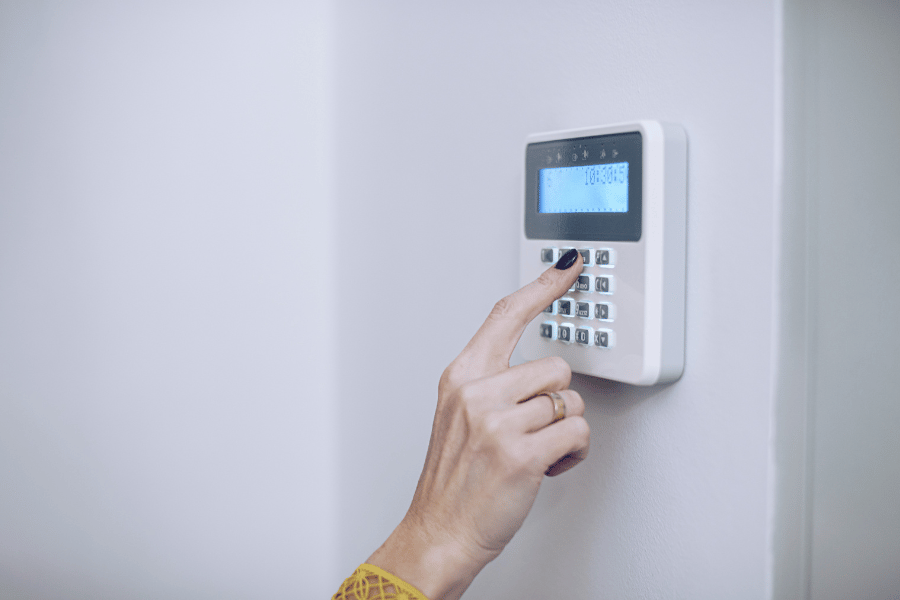
Ask For Help
Never be afraid to ask for help or report a crime as soon as possible. Please don't panic and immediately notify the police.
Methodology
Data was sourced from NeighborhoodScout and U.S. News and World Report to determine if Raleigh, NC, is a safe place to live.
FAQs
Here are some common questions about safety in Raleigh, NC.
Which city is safer, Charlotte or Raleigh?
Raleigh offers a more suburban lifestyle than Charlotte and is safer, making it one of the pros of living in Raleigh vs. Charlotte.
Is it safe to walk in Downtown Raleigh?
Much like walking around any other big city, being aware of your surroundings is essential, but Raleigh's low crime risk makes its downtown one of the safest places to walk around and explore.
Is Raleigh, NC, a good place to live for families?
Considered one of the best cities to raise a family in the United States, Raleigh offers a high safety rating, affordable housing, low cost of living, many job opportunities in the Research Triangle, outdoor recreation activities, access to high-quality education, and no shortage of fun things to do.
What are the pros and cons of living in Raleigh?
The pros and cons of living in Raleigh, NC, are as follows:
Pros:
- Thriving job market
- Nice neighborhoods
- Affordable cost of living
- Excellent educational opportunities
- Fun things to do
- Central location
Cons:
- Limited public transportation
- Extreme weather conditions
- Seasonal allergies
Is Raleigh, NC Safe - Final Thoughts
Overall, Raleigh, NC, is safe and is an excellent place to live in North Carolina. Home to many unique communities prioritizing safety and residents' well-being, it is no wonder that so many people want to call Raleigh home.
Many long-time residents and newcomers alike find that by choosing the right neighborhood and following basic safety practices, Raleigh offers a quality of life that balances urban amenities with reasonable safety expectations.
If you are moving to Raleigh and are ready to start your home search in the area, contact the experts at Raleigh Realty. We are prepared to answer any questions and help you find your dream home.
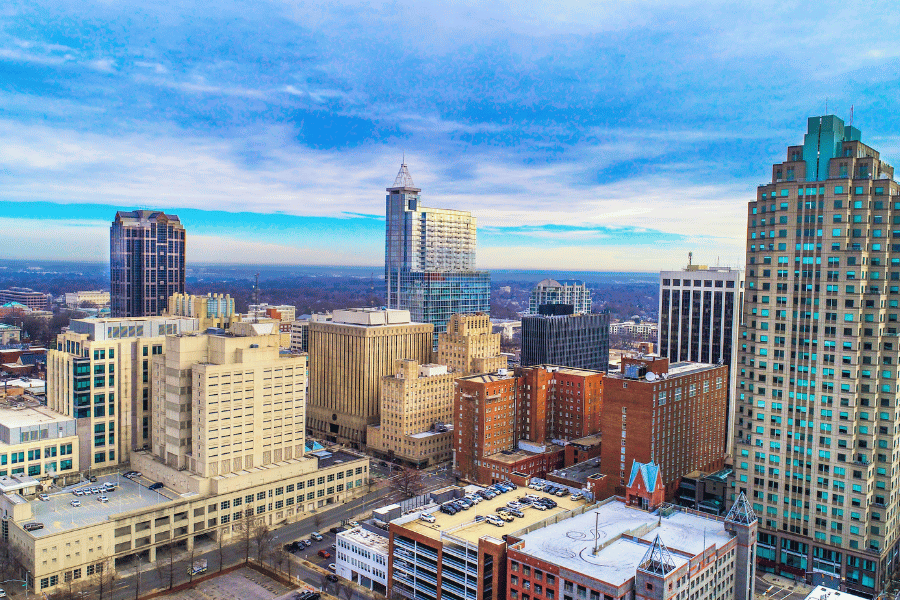
![17 Best Neighborhoods in Raleigh, NC [2026 Guide]](https://images.agentloft.com/rr-images/uploads/rr-migrated/blogs/August2024/E0Cjyqy5pGsC61lv5bGG.jpg)
